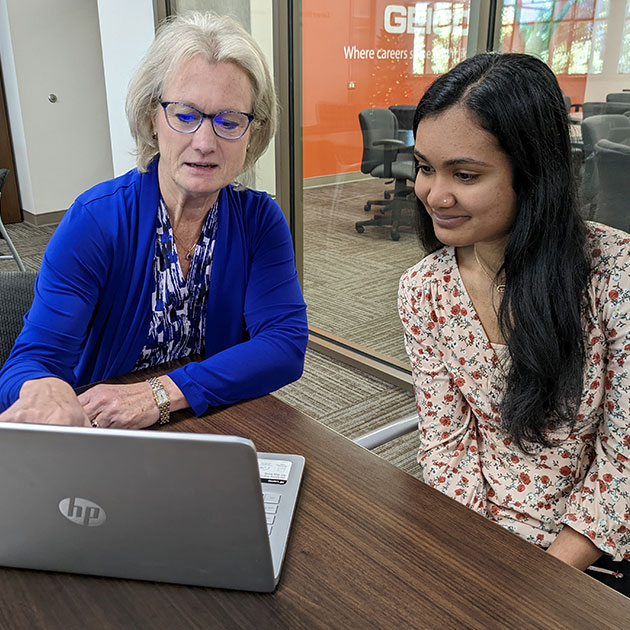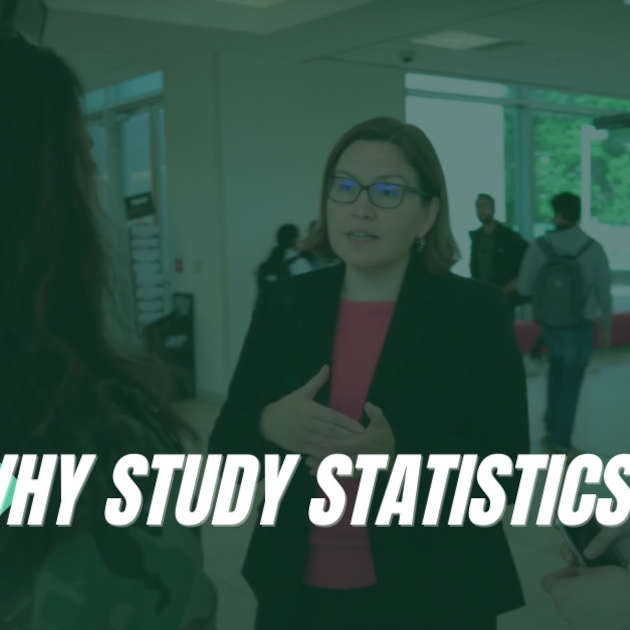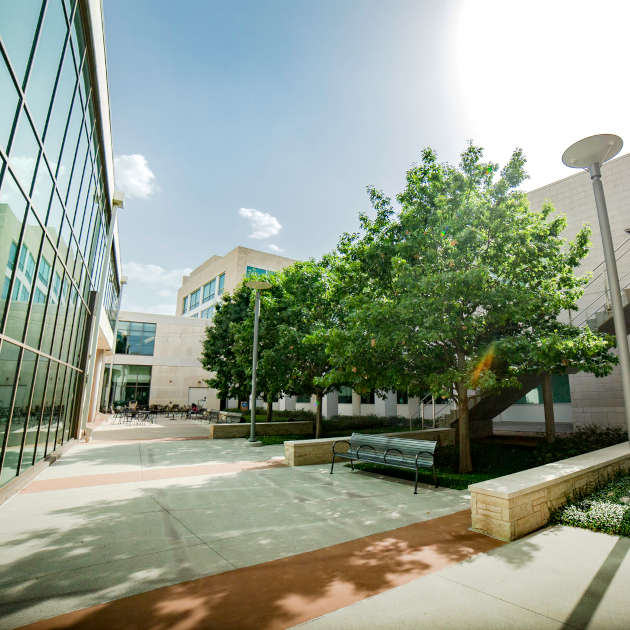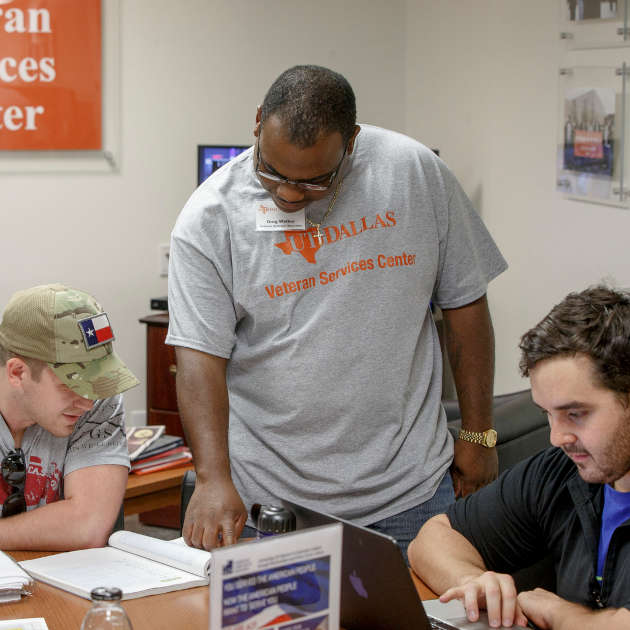
Today was a beautiful morning in Cape Town, as we departed the hotel for the day’s activities. On the itinerary: a meeting and presentation by Professor Rudolf Gouws. Professor Gouws is the former chief economist of Rand Merchant Bank and now holds the position of honorary professor of economics at Stellenbosch University.
Stellenbosch is a mid-size college town situated about 31 miles east of Cape Town. Stellenbosch is the home to South Africa’s wine country, and I affectionately referred to it as the Napa Valley of South Africa. About five miles out from q our final destination, we started to see the vineyards. Situated all along the hillside were miles and miles of grapes. Once we arrived in Stellenbosch, we were immediately charmed by the European architecture. The streets were lined with quiet little cafés, art galleries and quaint little gift shops offering unique treasures.
Our meeting with Professor Gouws was held at Helenas at the Coopmanhuijs Hotel near the town’s center. The hotel and restaurant were exactly what one might expect from such a unique little town: European architecture with old-world charm, topped off with sophisticated service.
Professor Gouws’ presentation was a very technical view of the current state of South Africa’s economy. Professor Gouws warned us ahead of time that we were about to hear the same presentation he normally gives to the public officials. The presentation covered every aspect of the economy, ranging from GDP, trade accounts, monetary policy, his assessment of the future outlook and much more.
Gouws was very transparent with us about the challenges the country is facing. I felt like we received a very fair and objective view of the current state of the economy. As an avid follower of the U.S. economy, I had thought we have some insurmountable problems. After hearing the challenges South Africa is faced with, I came away feeling appreciative of the set of problems we have. Comparatively speaking, we have it easy. (Figure 1. is a reproduction of the material he presented to support his outlook on future growth.)

In summary, South Africa is faced with rising inflation, corruption, high unemployment among a poorly educated population, dysfunctional state-owned enterprises and a significant reliance on the global economy for own domestic prosperity.
Did I mention that the president of South Africa had been charged with corruption and violating the constitution? Corruption and the mentality that tolerates it seem to be rampant among segments of the voting population. Professor Gouws didn’t say it, but I’m willing to speculate that if political trends don’t change in the coming years, the economic conditions in the country will continue to deteriorate over time, and the long-term outcome of that will be disastrous for a young democracy.
Read the sixth post about the EMBA Class of 2016 international study tour to South Africa: EMBA Class of 2016 Visits Robben Island.






